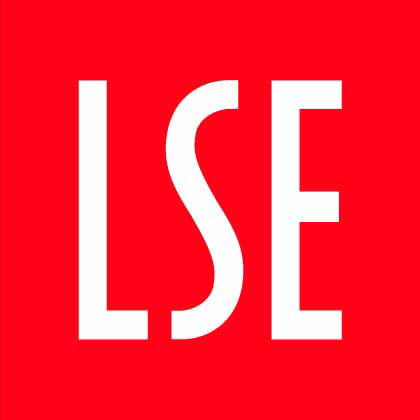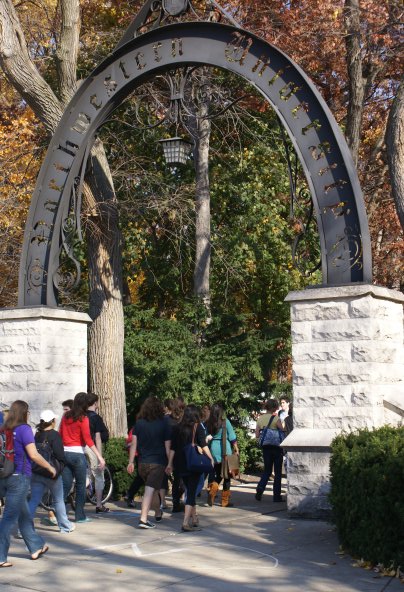Student loans and top universities:
When entering one of the top universities worldwide, it is natural to assume, in most cases, that the fees will not be low and that unless you have a bursary or a family who can afford it, that a student loan may be an appropriate avenue.
Some top Universities are not government sponsored and before applying for a student loan you may think will fit the bill more or less, it is worth becoming familiar with the average fees of Universities in order to obtain a student loan that will be sufficient to cover your course.
In the USA for example, the additional costs associated with boarding and lodging can range between $6000 and $13000 per annum, whereas in the UK it is between £5500 and $12000 and in Australia $8000 and $16000 annually. These costs vary largely because of the cost of accommodation in cities, with Australia, London and New York city being some of the most expensive cities for students to live in. This also supports the notion of why London offers very low value and is indeed overrated for the average learner. One has to bear in mind when contemplating a student loan that there is also an annual escalation or inflation if you like, generally perceived to be around 6% – despite this year’s record increase:
In the USA the average University fees increased with around 15%. This may not be so steep if the dollar continues to weaken, however at this point in time, September 2012, it is a significant concern and increases the amount of student lending that is required. Good news for the banks, not so good for the students.
Brief 2012 statistics on fees:
Full sail University in Florida: $43,990
Penn State university: $50,000
Berkeley university fees: $36,754 (California residents) and $51,856 (non residents)
Yale university fees: $32,500 per annum, so expect to pay around $120K for a 4 year degree.
Average London University fees: £8000 to £11000 for residents and EU residents, whereas non residents may pay as much as double the fees.
Besides living costs being quite high, in terms of actual university fees, Australian universities are typically priced half way between USA and UK universities and is hugely poplular with Asian students.
University loans or study loans to non residents:
It is believed widely that banks in any particular country are unlikely to provide loans to non residents. This is in particular due to the fact that there is no guarantee that students will find work within that regime or even a work visa, hence the risk of default on student loans is too significant for banks to work with non residents. Where exceptions exist it may be due to individual circumstances regarded as favourable.
Alternatives to non residents seeking student loans:
Whereas the best option is to seek help from your family or local institutions, there are international organizations such as open society from George Sorros who may grant loans or even scholarship in certain instances, however due to the need and huge demand, chances are slim of obtaining such a scholarship and students should not count on that when applying.
In the USA for example there is now the option of local loans, in the US, covering US citizens who wish to study abroad. Typically these loans require a “co signer” such as a parent or family member, who help assume responsibility for the student loan repayment and such a person will typically have to be a US resident who lived in the US for at least 2 years.
It is useful to read the “Open Doors” report to understand how the US has recently continued to improve opportunities for students from China and other parts of the world by means of student loans available in their own countries.
One final aspect to bear in mind before applying for student loan is visa fees and eligibility: Each regime has it’s own visa requirement, in our STUDENT VISA section there will soon be more details about what students need to do in order to obtain a student visa, which is a prudent step prior to agreeing to a student loan of any sort. Financial solvency requirements for students entering the US with or without student loans will also be discussed next.
If you are unable to join a university right now – this should not be a problem. In the interim all you need is an internet connection and “myfreecoursesonline” can help you access courses from top universities for free.
Free courses online – start today.










